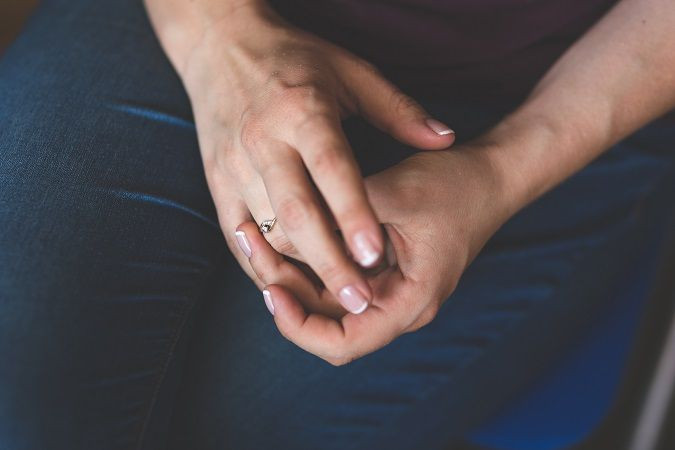Antibacterial Soap Ban 2017: 3 Hand Hygiene Alternatives To Traditional Washing

Got soap?
The Food and Drug Administration has issued a ban on ingredients used in “antibacterial” hand and body washes — including triclosan and triclocarban — set to take effect in September. Meanwhile, in Minnesota, this halt will begin earlier on Jan. 1.
Read: Why The FDA Banned Anti-Bacterial Soap, And What To Use Instead
We’ve listed three hand hygiene alternatives to antibacterial soap. Remember, you can always stick to good ol’ soap and water, and remember to sing the whole alphabet while you lather.
ALCOHOL-BASED HAND SANITIZER
Hand sanitizers and wipes are unaffected by the FDA’s new ruling.
The Centers for Disease Control and Prevention suggests using an alcohol-based hand sanitizer if soap and water aren’t available. Studies have found that waterless sanitizers with an alcohol concentration between 60 and 95 percent are more effective at killing germs than those with a lower concentration or none of the solution at all.
According to the Minnesota Department of Health, sanitizers are not effective if organic matter — like dirt, food, or other material — is visible on hands. Additionally, these waterless products kill more germs when friction is applied.
ESSENTIAL OILS
Natural versions of hand sanitizers can be made at home using essential oils to avoid harsh chemicals.
DIY Natural suggests combining organic ingredients like lavender oil, tea tree oil, witch hazel, pure aloe vera gel, and vitamin E oil.
JUST USE WATER
Health professionals claim that washing hands with soap and washing hands with just water does pretty much the same thing. Big Think reported that vigorously rubbing them together with water can actually get rid of the same amount of germs and bacteria that soap does.
“In households where food was prepared without washing hands, children had diarrhea in 12.5 percent of monthly assessments compared with 8.3 percent in households where one hand was washed with water only, 6.9 percent where both hands were washed with water only,” a 2011 study published in PLOS Medicine reported.
Read Also:
Published by Medicaldaily.com



























